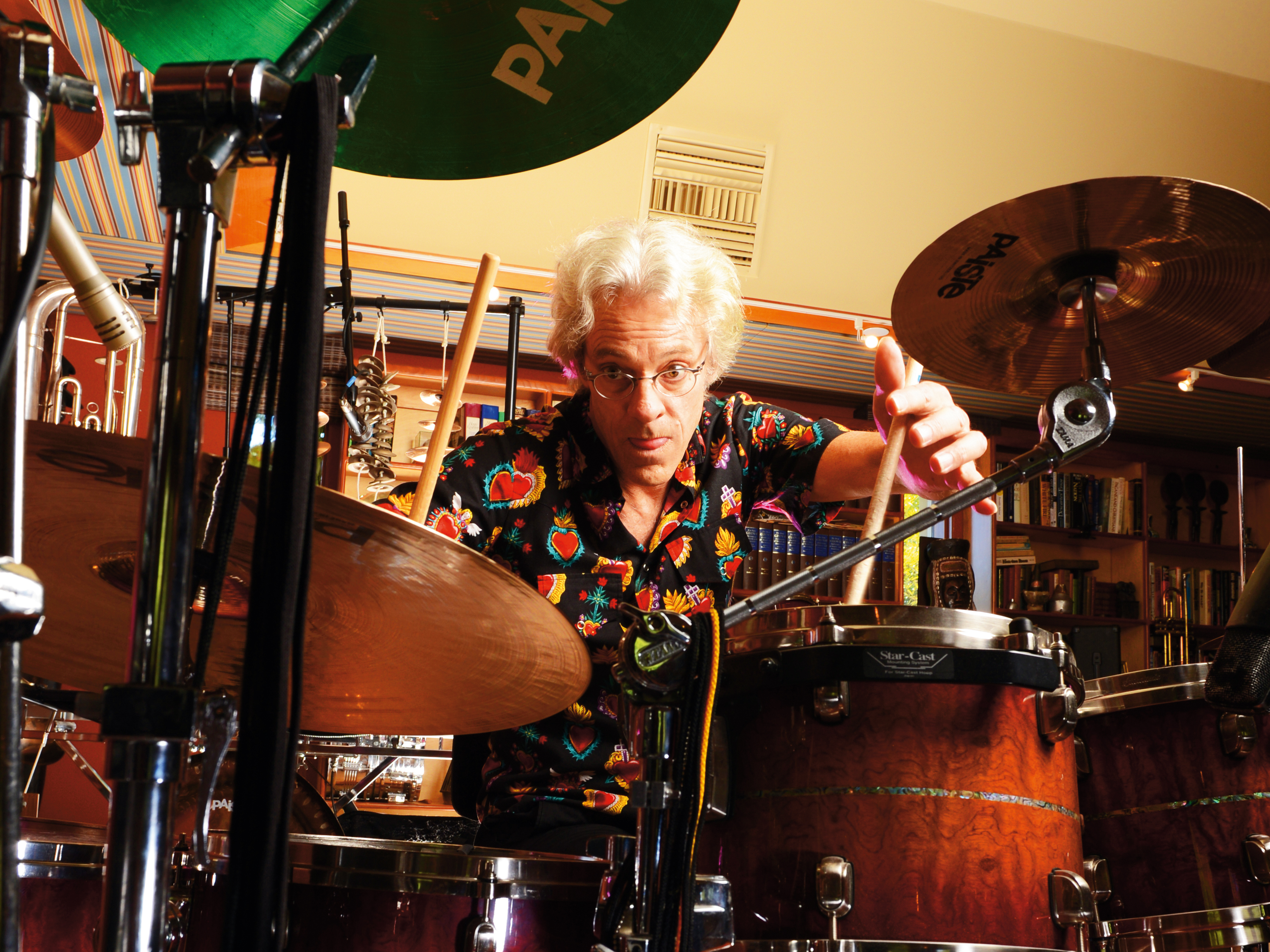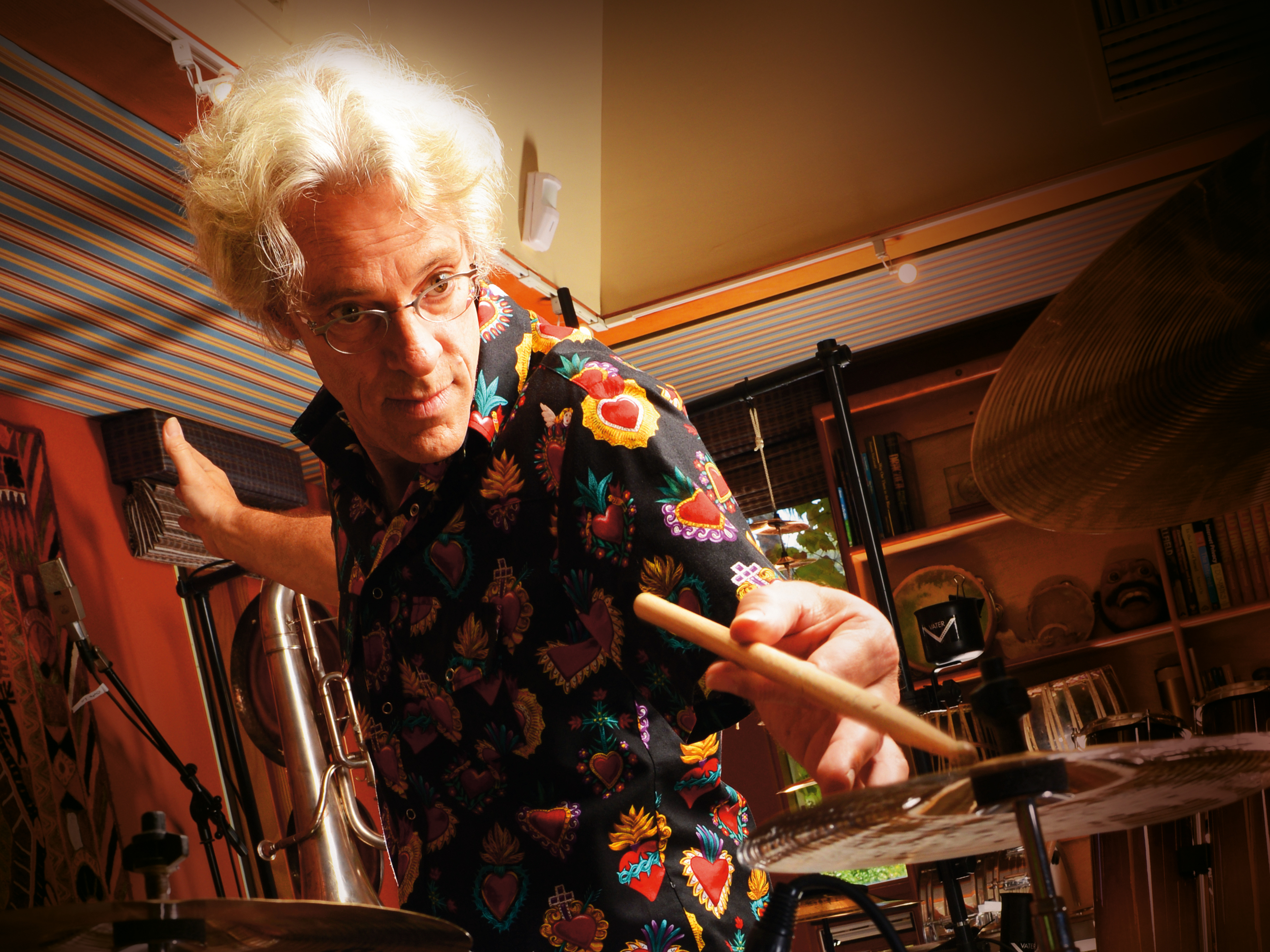
Stewart Copeland
Stewart Copeland revolutionised drumming with a dynamic style that blossomed with The Police, the supergroup he helped create in the late ’70s with megastar Sting and guitar hero Andy Summers. The era that preceded him could be described as ‘BC’ – ‘Before Copeland’ – when rock drumming was loud and unsubtle.
On classic albums Outlandos D’Amour (1978) and Reggatta de Blanc (1979), the symmetry of Sting’s passionate vocals and Summer’s celestial guitar was perfectly complemented by Stewart’s supremely intelligent percussion.

Stewart on… the band's 2007 reunion
“The phone call came out of the blue and we started rehearsing. The next thing you know we’re playing to thousands of people. Sting made the first move to get us back together.
"On the one hand we’re all older and wiser. On the other hand we’re more cantankerous and set in our ways. Our foibles are now concretised so it requires a great deal of zen to deal with each other. But there is a deep, everlasting bond, which no disagreement can ever shake. And we do have many disagreements over the music. Fast/slow, loud/quiet, up/down – every which way. We all three of us care passionately about it and so we do have a lot of conflict about that. But it somehow seems that conflict, which is the same old thing we used to have, does seem to be the furnace that produces the heat.”
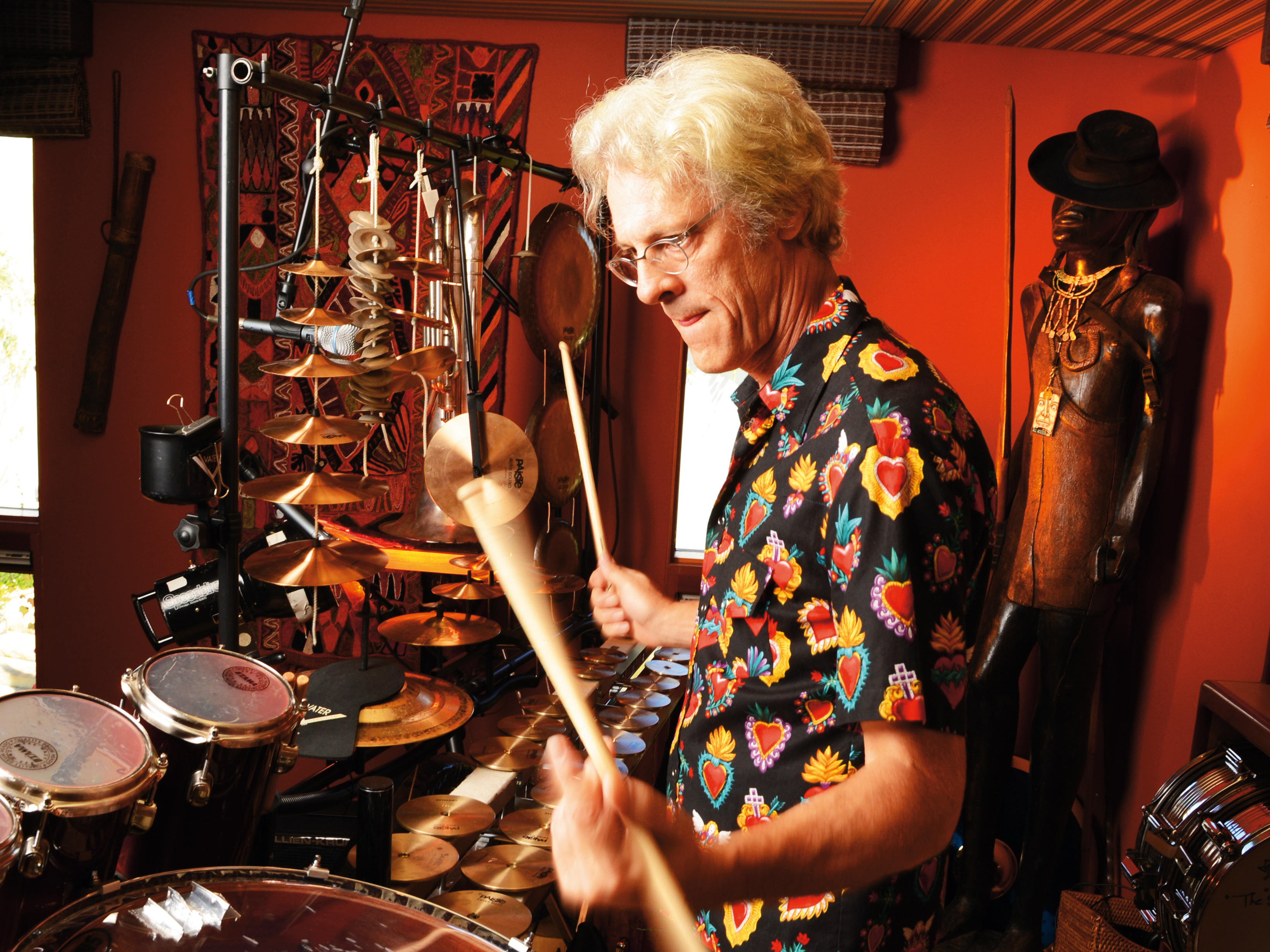
Stewart on… playing the hits to new audiences
“There was a lot of discussion about taking a different approach to the Police songs. I think we’ve got exactly the right balance between what’s written and the mystery ingredient that you don’t expect. We’re still struggling with ‘Don’t Stand So Close To Me’. I don’t know why that is, but it’s getting closer to the original version every time we mess with it.”
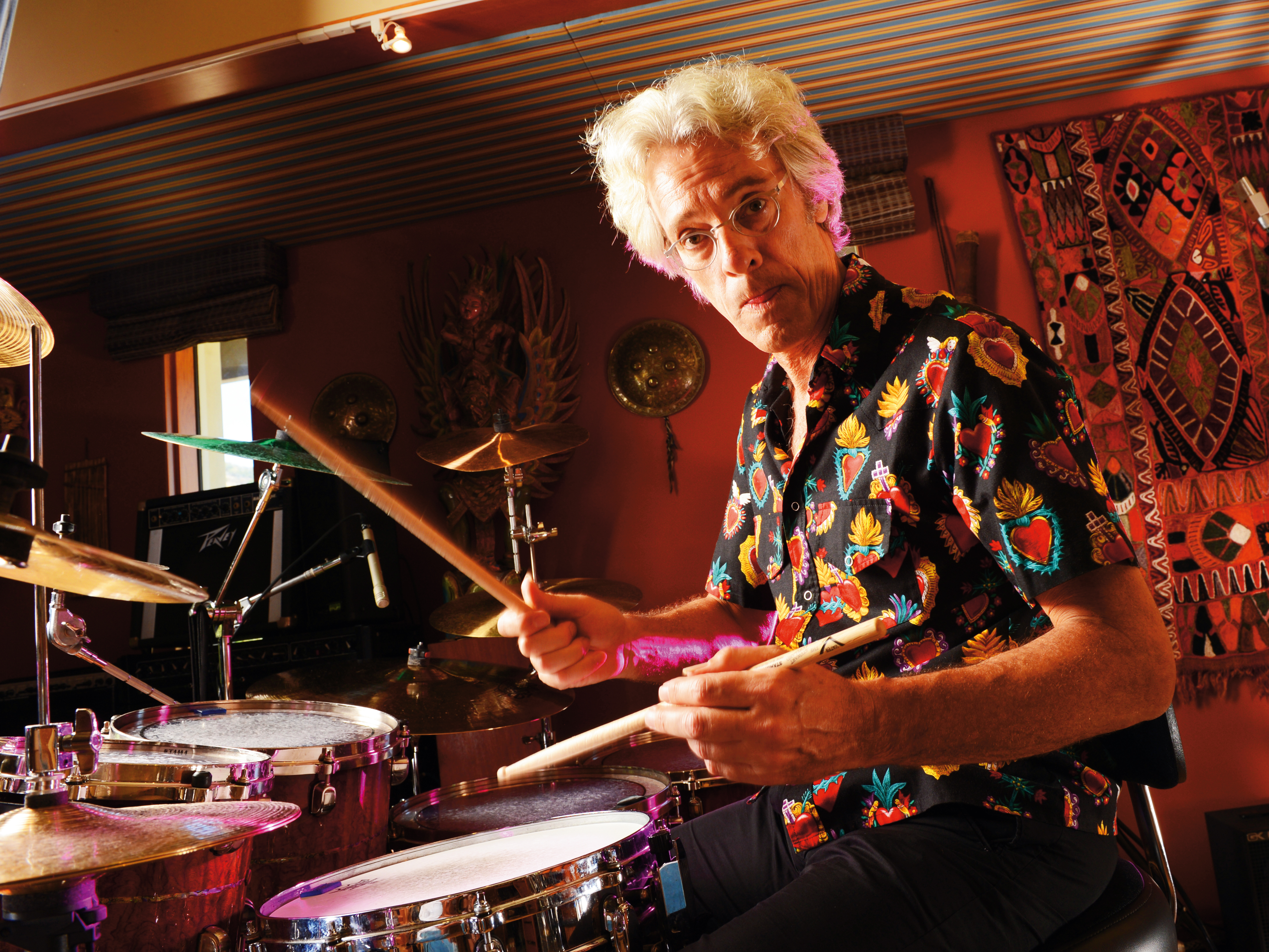
Stewart on… remembering the band's early days
“At first I started writing material for the group, until we discovered that Sting was an incredible songwriter, so I backed off. Great songs were coming out one after the other, so who could argue? Of course, I can remember when we first recorded ‘Roxanne’ and ‘Walking On The Moon’, but to be honest I can’t now really remember what it was like in the studio or quite how we put them together.
“The whole memory thing kind of got finished and punctuated when I did my movie about The Police, Everyone Stares. That kind of put a full stop
on the end of the whole ‘first time around’ Police experience. I thought to myself, ‘That was it, done and dusted.’ But that was exactly the point when Sting phoned. The film wasn’t even a walk down memory lane. It was just tidying up a garage full of memories. Even though it was about my old band it was so long ago that it could have been someone else’s band. There is some really fascinating footage that stands up on its own and that’s what excited me as a filmmaker, but not as the participant in an adventure. When Sting called, The Police was, by then, something I’d completely forgotten about. It could just as easily have been Jimmy Page calling and asking me to play with Led Zeppelin.”
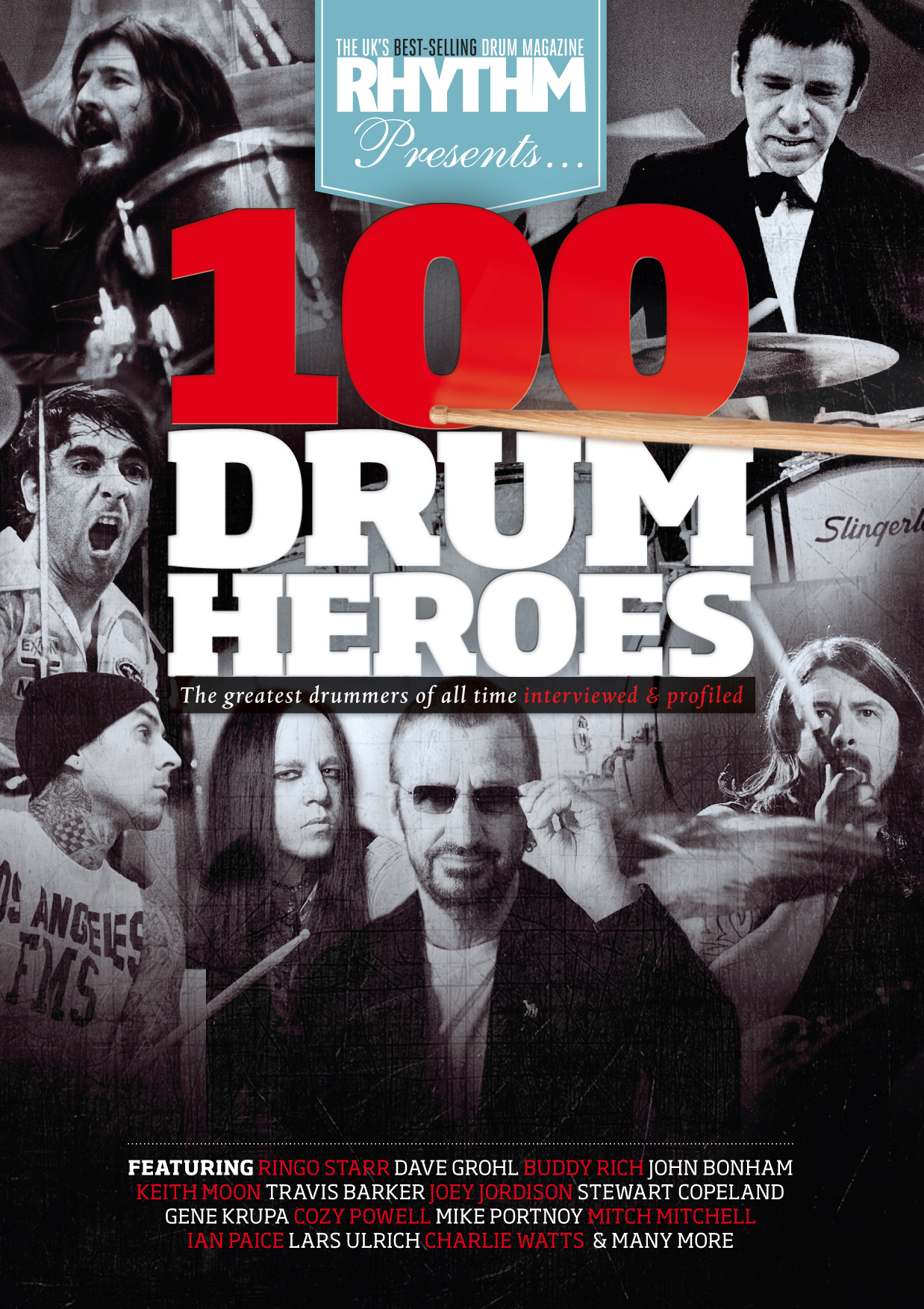
Want more heroes?
Rhythm Presents 100 Drum Heroes includes exclusive interviews and photos from Rhythm’s29 years as the UK’s biggest drum mag! Drum heroes discuss their music, playing techniques, gear and career highlights. At 200 pages-plus, it's an essential read for fans of drumming and drummers across all genres of music.
100 Drum Heroes is available right now in all good newsagents, online from myfavouritemagazines.com and digitally for iPad from Apple Newsstand!
